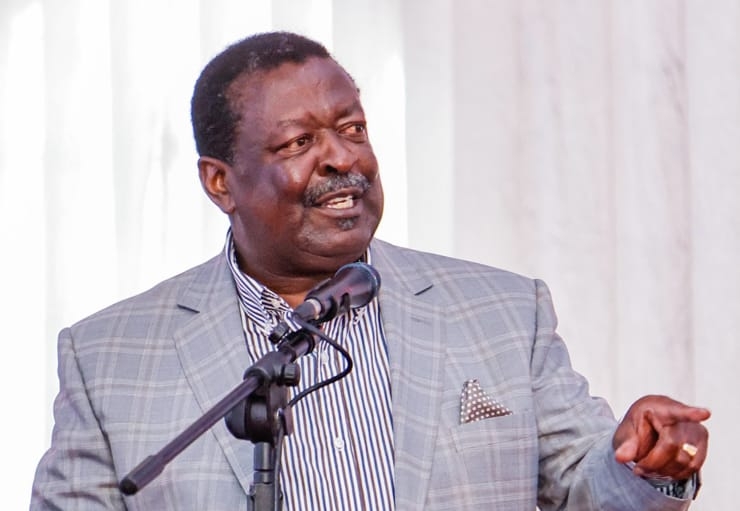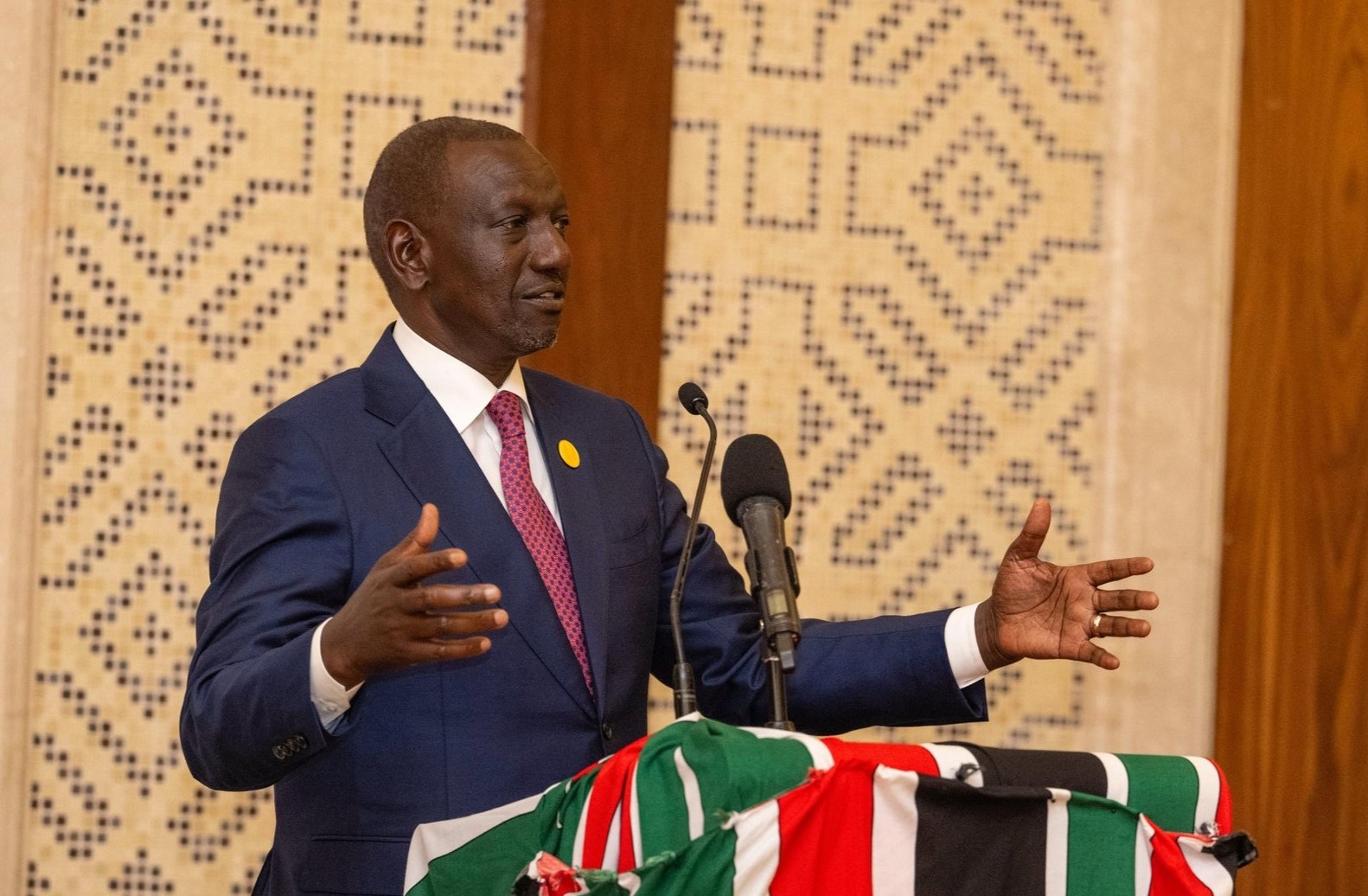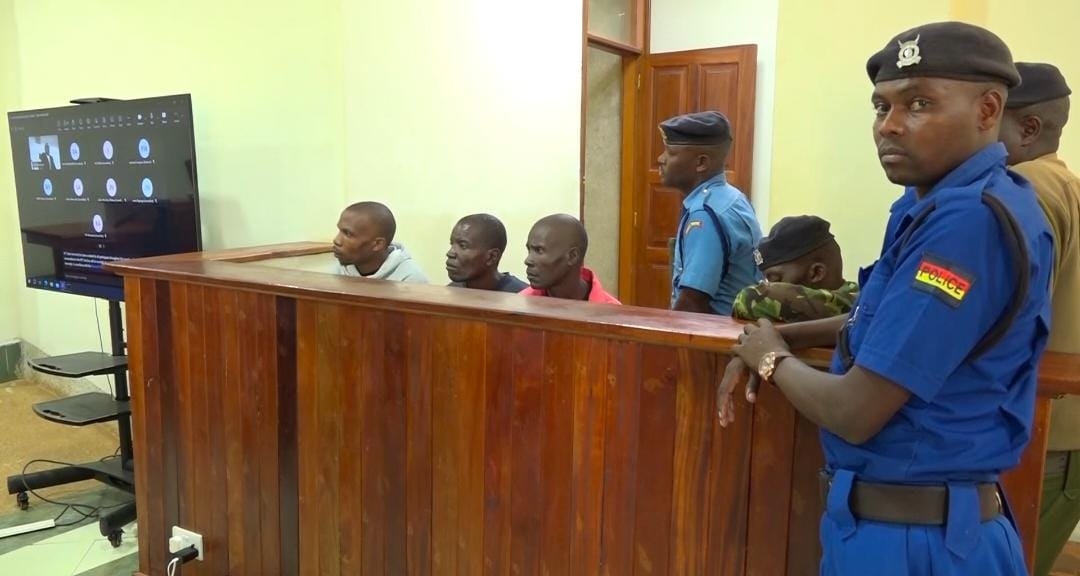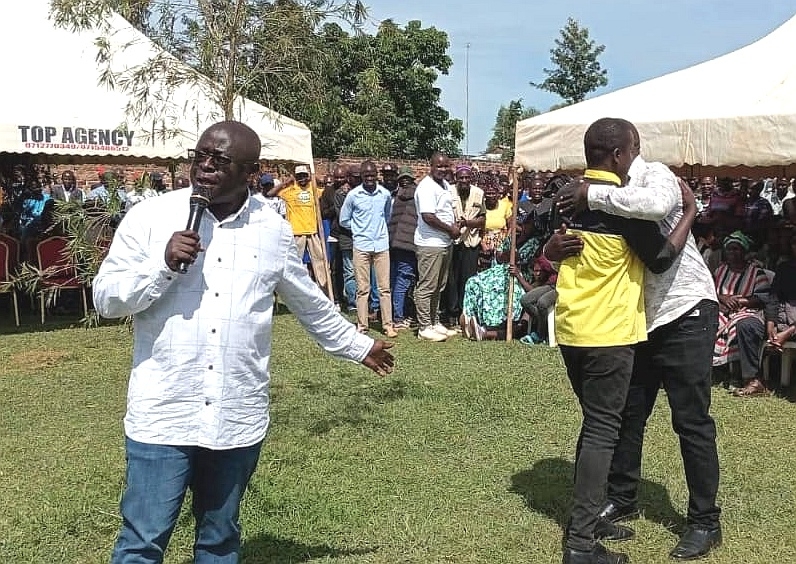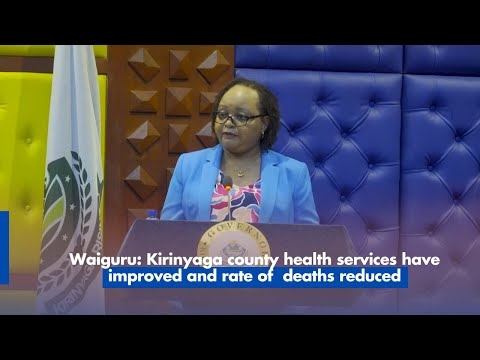A lift of the ban placed on the issuance of prospecting and mining licenses could be in the offing, Cabinet Secretary Salim Mvurya has indicated.
The government in November 2019 issued a moratorium on the issuance of licenses across the country, to pave the way for a survey that was aimed at establishing the types of minerals and geographical location.
This is to help the government make informed mining decisions.
On Thursday, Mining, Blue Economy and Maritime Affairs CS Salim Mvurya gave the clearest indication yet that the ban could soon be lifted.
He said the decision to issue the moratorium was made so that the government could have an opportunity to prepare key areas that would be reformed.
“So that when mining is done, it is done in an environment that encourages business,” Mvurya said at the Liwatoni Fisheries Complex in Mombasa.
One of the areas looked at was data, which has been completed with an online cadaster now almost in place.
This is normally an official register showing details of ownership, boundaries, and value of real property or minerals in a region.
“We now have a report that has given us an indication of 970 mineral occurrences,” the CS said.
The government has engaged in a process of ground truthing and will put more focus on value addition and processing.
“We are also discussing in Cabinet to see how we can open the licensing in the mining sector with the reforms that we have done,” he said.
That will help the government deal with llegal mining.
Several non-governmental organizations (NGOs) along the Coast have been putting pressure on the government to lift the moratorium.
The NGOs, led by Transparency International Kenya, said the ban is impeding the progress of the mining industry.
Transparency International Kenya programme officer Samuel Ngei said the moratorium is pushing small-scale miners towards engaging in illegal mining practices, that are resulting in tax losses, smuggling, and environmental degradation caused by irresponsible mining.
"Lack of licensing permit is making government lose a lot of money because people are using unorthodox methods to mine and trade the minerals," he said.
Kenya has not renewed existing licenses since 2015 when at least 65 companies had their permits revoked.
Those operational have been running under a gazette notice, with licensees whose permits expire forced to seek special clearance from the ministry.
Mvurya said the mining sector is key to the country’s economy and the government is looking to have the mining sector’s contribution to the economy move from one per cent, to 10 per cent.
“We want the mining sector in Kenya to be lucrative. So we are trying to create an enabling environment that can encourage investment,” the CS said.
The latest development gives hope to companies such as Base Titanium which is keen to explore and possibly expand its operations in Kenya.
Base, which commenced mining titanium ores in the country in 2013, with the first shipment in February 2014, is keen to further expand its operations having applied for three prospecting licenses.
These are for Ramisi area in Msambweni, Kuranzi area near the Kwale-Taita Taveta Counties border and Lamu.
Its last prospecting license was on an area covering 136 square kilometres in Vanga area, towards the Kenya-Tanzania border of Lunga Lunga, which was approved by the Mineral Rights Board and issued in December 2018.
Its current mine life ends in 2024, which is pegged on a 'deed of variation' from the former Ministry of Petroleum and Mining, which cleared the company to extend its Special Mining Lease boundary at the current site.
Base accounts for 65 per cent of Kenya's mineral exports.
Last year, the country’s total value of minerals produced increased by 33 per cent from Sh22.7 billion in 2020, to Sh30.2 billion.
“This is attributed to a 31.5 per cent increase in the value of the titanium ore minerals from Sh19.5 billion to Sh25.6 billion in 2021,” Kenya National Bureau of Statistics says in its Economic Survey 2022.
The minerals played a role as the country’s total value of export earnings, which improved from Sh643.7 billion in 2020 to Sh743.7 billion in 2021, translating to a 15.5 per cent increase.






